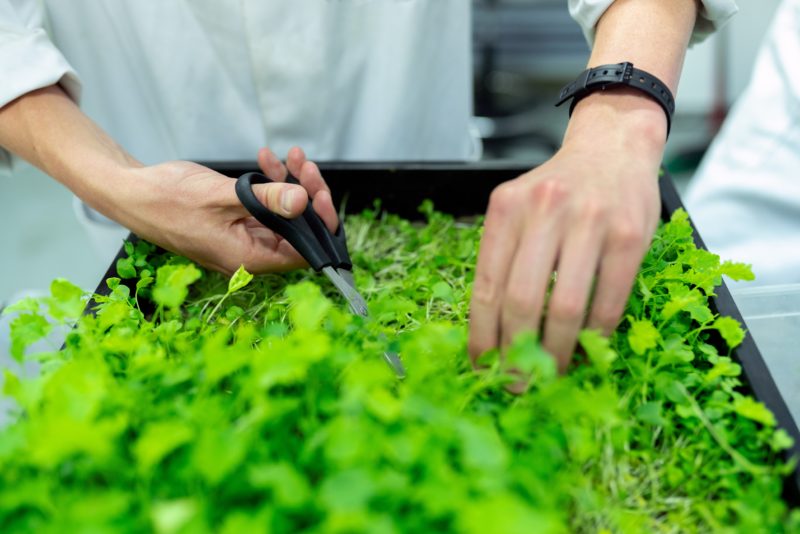Hobbies are a good way to pass the time, but for individuals in recovery, they can also be a form of self-care. Gardening is one such hobby that is good for the mind, body, and soul. What’s more is that you can enjoy the fruits of your labor quite literally.
Even if you weren’t born with a green thumb, you can start a simple garden of your choosing from seeds or young plants. From cooking with the herbs and vegetables you grew to adding vibrant color to your yard with flowers and plants, you can cultivate your garden hobby for years to come.
Why Gardening Is Helpful in Recovery
Gardening is unusual in that it requires work, but it can also be very relaxing. When life starts to get a bit overwhelming, it’s helpful to turn to task-oriented activities that provide a visible sense of accomplishment. Pulling weeds might not be the most glamorous of jobs, but you are rewarded with a tidy flower bed when it’s done.
The same can be said for watering your growing garden. There’s something meditative about filling a watering can or unfurling a hose so you can hydrate the soil. It’s not surprising that many gardeners talk or even sing to their plants because being out there among those buds can boost the mood. Of course, your plants won’t talk back or provide back-up vocals, but they will benefit from the expelled carbon dioxide that will help them thrive.
Take Time to Stop and Smell the Roses
Being out in the fresh air has its benefits for you, too. While you can grow some things indoors, getting outside in the fresh air is a bonus of being a gardener. Especially during a time when we are trying to distance ourselves from others, it’s easy to stay indoors for as much of the day as we can. But it’s good for anyone to get outside on a regular basis and benefit from the sunlight’s natural source of vitamin D.
Gardening gives you a sense of purpose because you are caring for a living, growing thing. While a maintenance schedule will be determined by whatever seeds or plants are taking root in your garden, you have a responsibility to tend to them all as the bloom. Even if you opt for lower-maintenance plants that can thrive in normal rainfall, check your plants daily.
You could write in a journal or even snap some pictures with your phone to document your garden’s progress. You’ll be pleasantly surprised what can come of working with your own two hands as the days, weeks, and months go by. If you feel compelled to do so, share your garden pictures on social media. There, you’ll find a community of likeminded people from whom you can learn more about successful gardening techniques.
When you are in recovery, day-to-day living can get to be overwhelming. Gardening has a way of keeping you attuned to nature and the passing seasons. You will be growing and thriving during your recovery, and you can look to your garden as a visible sign of your progress.
To learn more about how you can thrive in recovery, call and speak to one of our admissions counselors at 866-349-1770.

